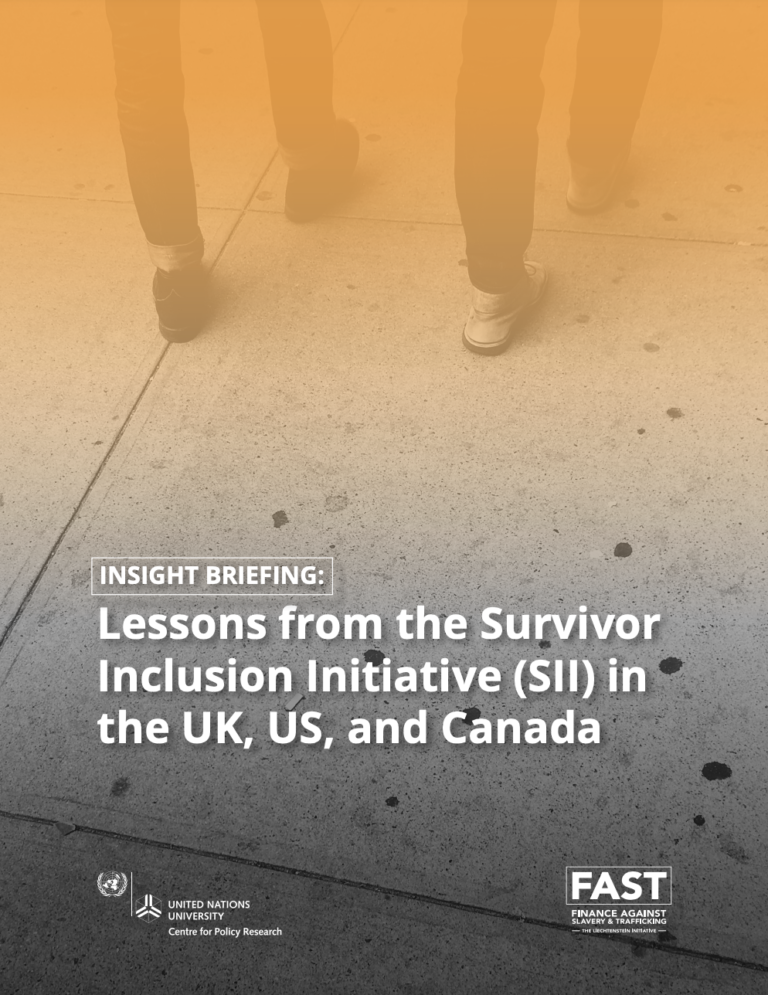National Hotline 2018 Rhode Island State Report
Graphics & InfographicsPublicationsThe data in this report represents signals and cases from January 1, 2018 through December 31, 2018 and is accurate as of July 25, 2019. Cases of trafficking may be ongoing or new information may revealed to the National Hotline over time. Consequen...Read More

